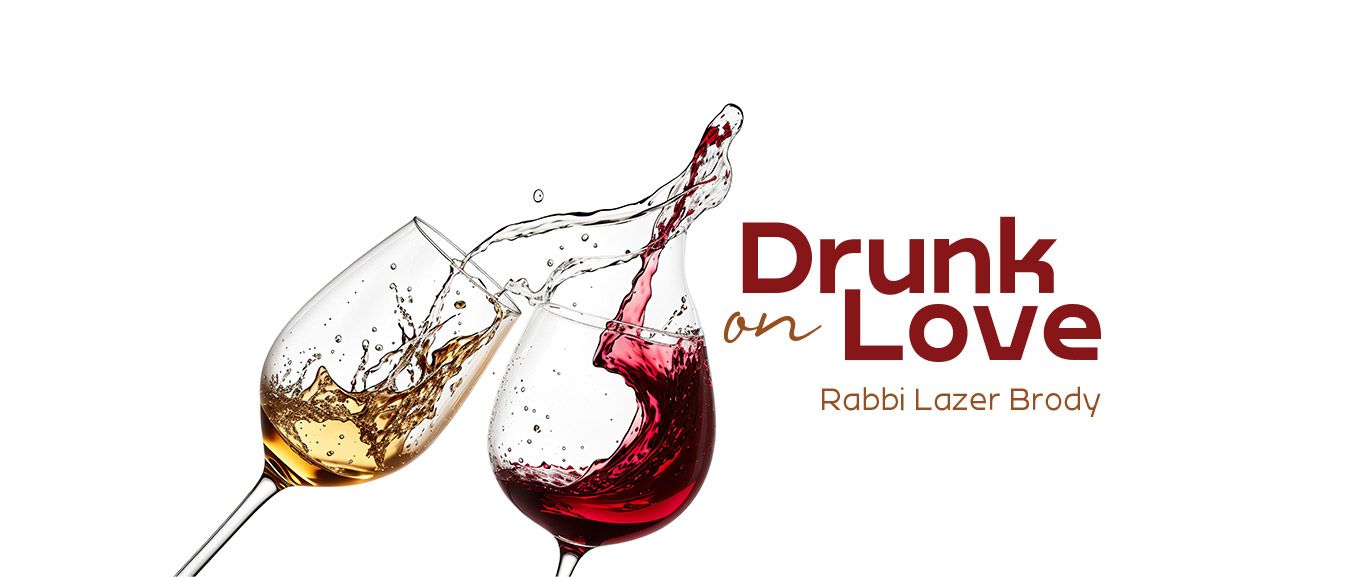
Drunk on Love
If you want to get to know a person well, drink with him on Purim. When a person drinks the right way, he loves every Jew. He hugs them and calls them “my brother”, for his inner dimension is full of love for his fellow Jew.

If you’d like to get to know a person really well, drink with him on Purim. Our sages tell us that once wine goes in, secrets come out. In other words, to get to know the inner dimensions of an individual, you don’t need a sonogram. All you need is a good bottle of Judean Hills Malbec or an Upper Galilee Merlot. The inside of the person becomes readily apparent. If his soul is truly connected to Hashem and His Torah, you’ll hear him singing praises of Hashem and telling amazing insights into Torah. Such a person’s wine breaks down the barriers of his inhibitions, so his true inner holiness that he normally conceals comes flowing forth like a bubbling brook.
To our dismay, the opposite is also true. Have you ever been to a yeshiva or synagogue Purim party where the participants are so-called observant? Do you remember the individual – ostentatiously Orthodox, whose behavior became loud, obnoxious, and downright disgusting after the first glass of wine? And what about the individual who became violent? These people too show what their interior dimensions actually are. The package might be fine, but the contents are not refined. It seems contradictory, for although people 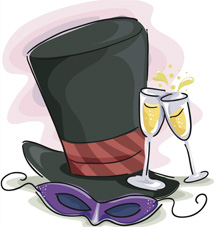 masquerade on Purim, Purim really reveals who they are – with a little wine, their mask is removed.
masquerade on Purim, Purim really reveals who they are – with a little wine, their mask is removed.
To celebrate Purim properly, the Gemara tells us that a person must became inebriated to the point that he cannot differentiate between Haman the cursed and Mordechai the blessed (tractate Megilla 7b). The “Chofetz Chaim” asks how the Gemara can possibly obligate a person to get drunk, when in so many other places, the Gemara condemns drunkenness. He answers his own question (see Be’er Halacha on Orach Chaim 695:2) and explains that since the miracle of Purim and the downfall of Haman resulted from Queen Esther’s wine-drinking party with Achashverosh and Haman, it’s a mitzvah to drink wine on Purim to commemorate the miracle. Yet, reminds the Chofetz Chaim, one’s drinking should be compatible with fulfilling a mitzvah joyfully, and not in drunken merriment. This mitzvah, concludes the Chofetz Chaim, should not be at the expense of other mitzvot, such as forgetting to pray Maariv, wash one’s hands when needed, or recite blessings at the right circumstance.
How do we reconcile the Chofetz Chaim’s requirements of such drinking restraint with the Gemara’s directive that a person become inebriated to the point that he cannot differentiate between Haman the cursed and Mordechai the blessed?
There are two important mitzvot of Torah – loving Hashem and loving one’s fellow Jew.
A bottle of wine is an amazingly effective barometer of these two mitzvot.
As we mentioned earlier, a person who truly loves Hashem will sing out songs of praise unabashedly as soon as he drinks a little more wine than he customarily does. The wine knocks down the walls of inhibition, and the individual’s inner dimensions flow to the surface for better or for worse. He’ll rock back and forth with fervor, spurt out nuances of Torah and sing Psalms out loud. He’ll yell out the praise of Hashem, for this is what he has in the innermost chambers of his heart and brain. Yet, the impostor who looks and dresses “religious” all year long, but doesn’t really love Hashem, will be loud too, but in a vulgar and boisterous way. He too lets us know exactly what he thinks of Hashem and His mitzvot, once his mask gets ripped off…
The same goes for the mitzvah of loving one’s fellow Jew. The Gemara bars no holds in condemning the behavior of even the greatest sages, when it’s not up to par. The Gemara (Megilla 7b) tells that Raba and Rabbi Zeira was having Purim feast together. Raba got so drunk, that he slit Rabbi Zeira’s throat and killed him. When Raba realized what he did, he was shocked, and he prayed fervently that Hashem revive Rabbi Zeira. Hashem answered Raba’s prayer’s and Rabbi Zeira came back to life. The next year, Raba again invited Rabbi Zeira to drink and dine with him at Purim feast. Rabbi Zeira declined and said, “I can’t be sure that Hashem will again perform the same miracle this year.”
Again, we’re faced with a stark contradiction: if Raba was so holy that Hashem answered his prayers to revive a dead person, how could Raba possibly slaughter someone, even if he was inebriated?
The Gemara tells us that we can recognize a person’s character by the results of his wine drinking (see tractate Eruvin 65b), consequently showing us exactly who Raba is: his love of Hashem must be on a very lofty level for Hashem to perform such an amazing miracle for him in bringing Rebbe Zeira back to life. Yet, Raba’s love for his fellow Jew needs heavy reinforcement, especially for someone on his spiritual level. Otherwise, how he could he possibly slaughter a fellow Jew, and a Torah scholar at that?!
When some people drink too much, they start swinging fists. But when the right person drinks the right way, he loves every Jew, whether they’re as upright as Mordechai or as contemptible as Haman. He hugs everyone, blesses them, and calls them “my brother”, for his inner dimension is full of love for his fellow Jew. That – if I’m not mistaken – is the intent of our sages: if we get drunk on Purim, we should be “drunk in love” until we can’t differentiate between Mordechai (the people we like) and Haman (the people we dislike). That’s true ahavat Yisrael, the love of every Jew. Happy Purim!



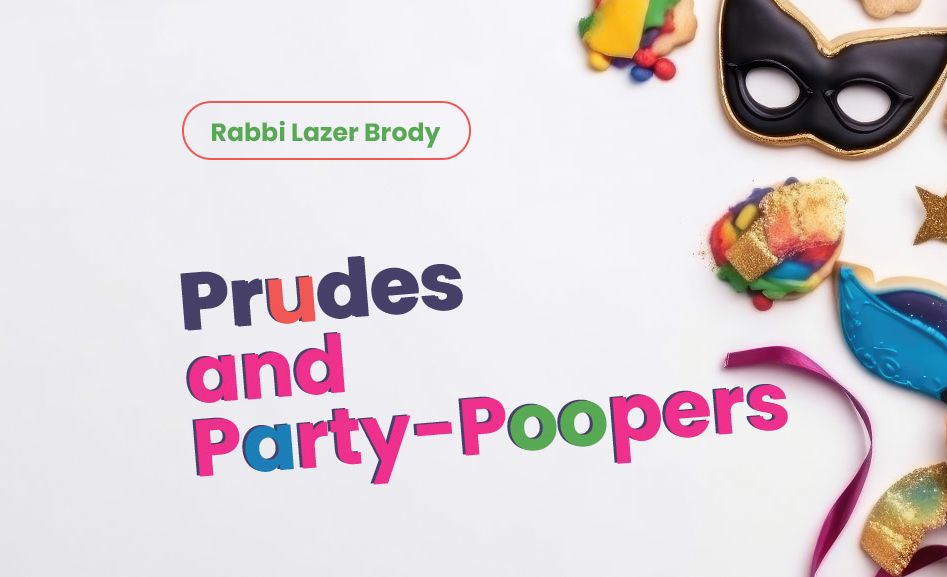

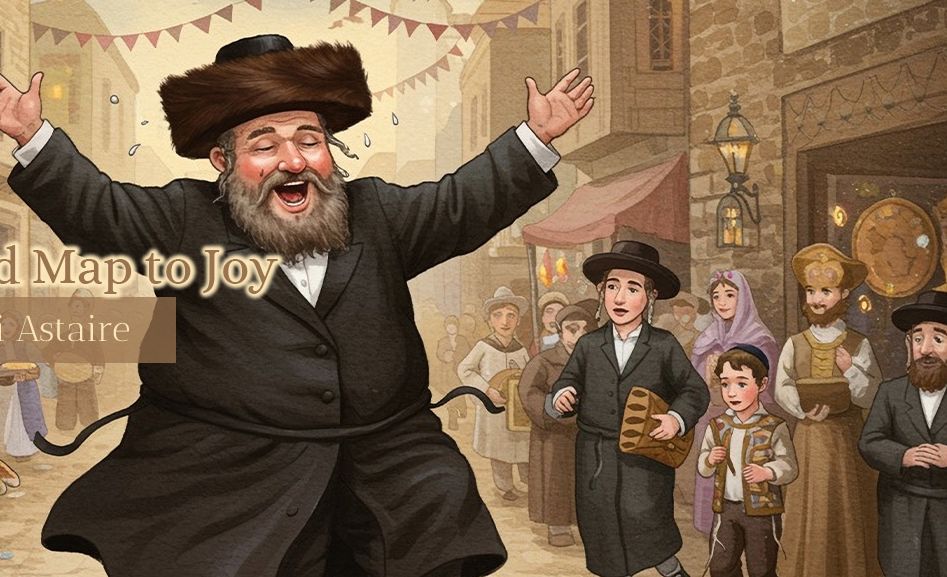
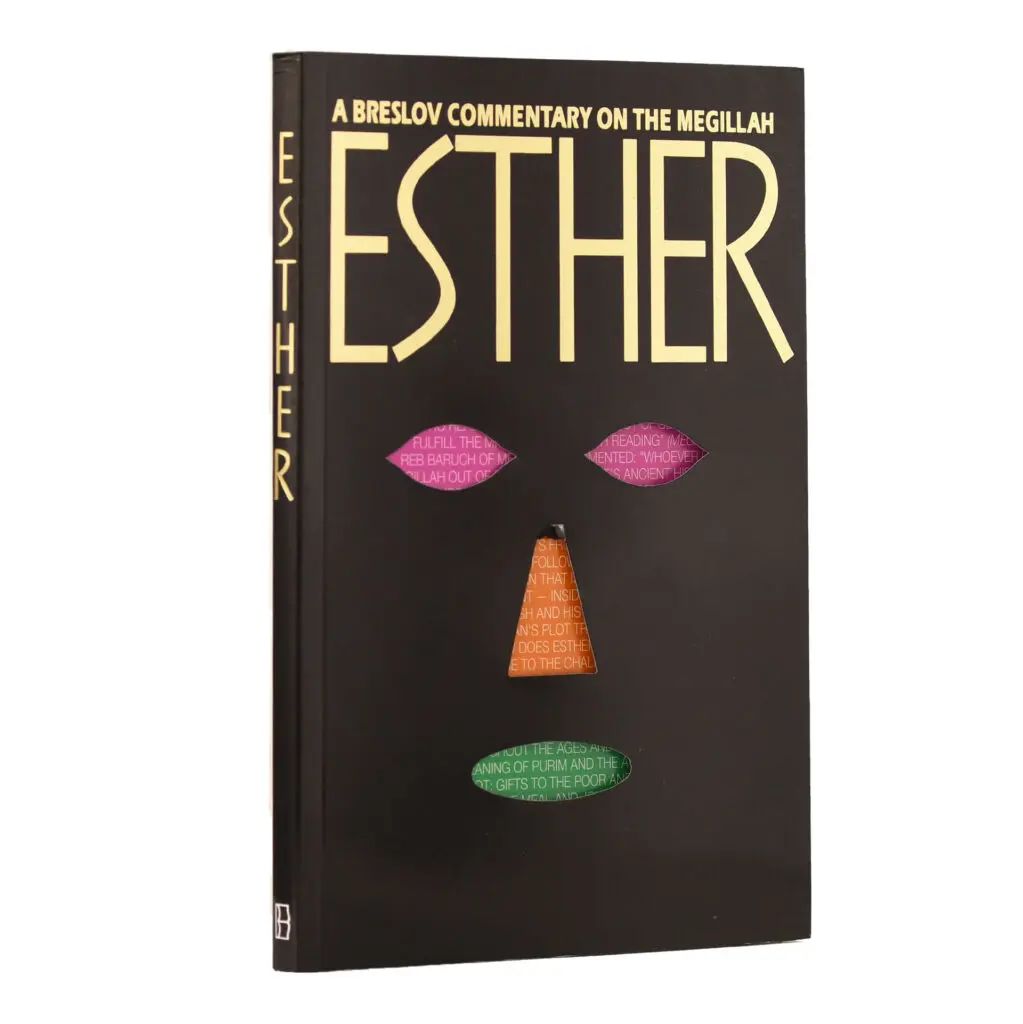

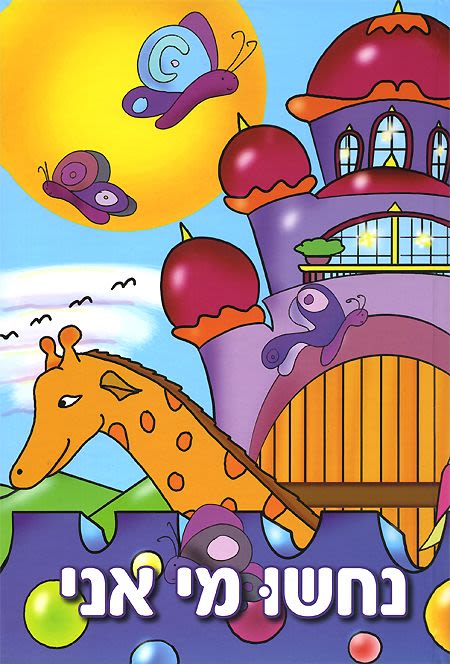
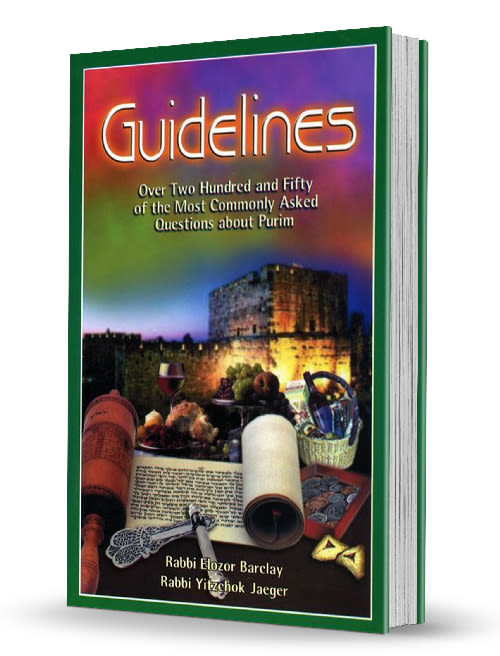


Tell us what you think!
Thank you for your comment!
It will be published after approval by the Editor.